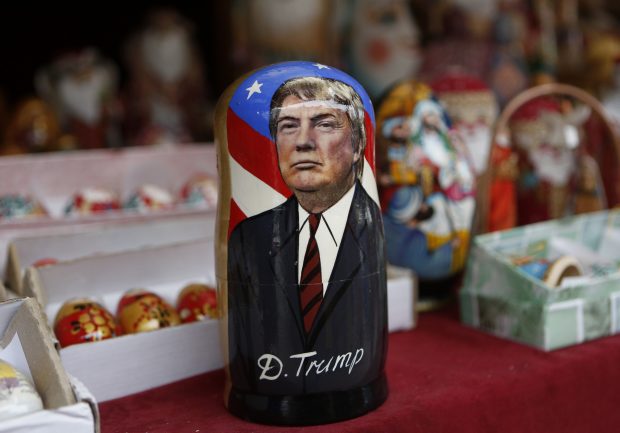
Egocentrism, Trump and the international system

The inauguration ceremony of US President Donald Trump was closely followed by the world. In his election, Trump pledged that he would make the USA a globally respected country within the context of political and military hegemony. This study addresses egocentrism, or self-centeredness, with reference to the behavioral patterns of Trump. With this, the influences of egocentric leaders on shaping international order will be analyzed.
The study of egocentrism was developed in Piaget’s studies. Egocentrism or self-centeredness is known as the attribution, self-attachment, and self-reduction of everything; passing judgment on everything with a self-centred viewpoint; grounding everything on the self and regarding on one’s own ideas, logic, and emotions as the starting point, measure, and center of everything. While usually the condition is presented in children, it can also be defined as a psychological or behavioral disorder in adults. Indeed, egocentrism rests upon the feeling that the actions and desires liked by an individual are also liked and accepted by everyone else. It can be said that statesmen with egocentric thoughts are present in the international system. On this regard, Donald Trump is the most obvious example of late.
Trump made a lot of promises to the American public during his election campaign. The first of such promises was a wall that would be constructed along the Mexican border. The USA and Mexico share a 3226 km-long border. The course of the Mexican economy can become positively and negatively influenced by its relation with the USA. It can be said that while the erection of this wall will further impoverish Mexico, it will certainly not affect the US. It is possible that Trump said such a thing to go down in history books. Indeed, if the Trump Wall is to be constructed, it will be the most important indication highlighting the Trump’s egocentric ideals. While walls are very easy to build, they are often difficult to demolish.
Another assurance Trump made immediately after he became president is his pungent discourse regarding Muslims. On this regard, Trump’s belief that what he considers to be right for himself is to be true for everyone else is normalizing his radical discourse. Trump’s remarks that he will not admit Muslims to the USA or that a portion of the mosques in the US should be closed down can become strongly endorsed by the American public.
The most dangerous of Trump’s election pledges is his emphasis that the US should increase its military power in order to become great again. In other words, according to Trump, no one will be able to antagonize the USA. This is because, as emphasized, the unpredictability of the US’s possible reaction to an attack will be a deterrent factor. While the post-Cold War USA communicated to the world the benefits of globalization, Trump pledges to take job opportunities from China, Mexico, and Japan and bring them all back to America. In other words, with these egocentric ideals and by “having the world brought to his feet,” Trump imprints to the American public the idea that Trump is the center of the world.
Statesmen acting as if their countries are centers of the world do bring the question of what is going to become of the international order to mind. During the period of his rule, Adolf Hitler tried to establish to the world that he was the center of the world with his egocentric ideals. An interesting point to make here is that while Germany claimed to be the center of the world, England could not even dare answer to this submission. The contradictory matter is that today, USA has the biggest economy and the strongest military in the world. Yet, USA still attempts to demonstrate this by an introversion reflex and the egocentric ideals of its leader. Herein it is important to ask the question of “whether instability is the result of the international system, or whether the egocentric behavior of statesmen has become systemic to it?” It can be claimed that the effect the “international system” has on international politics may be overlooked due to the increase in a number of Trump-like statesmen.
As the post-Cold war bipolar world was centered on two states, the world had a close relationship with the term “stability”. It looks like in the 21st century, the number of leaders claiming to be the centers of the world is only going to increase; the situation does interiorise “instability”. In the last analysis, egocentric leaders are a part of the multipolar world. They can make the state more militant by transforming it. On the other hand, time will show whether egocentric leaders can cause another world war, as did Hitler. However, what is worthy of notice is that the world government and end of the world discussions are simultaneously inversed.



